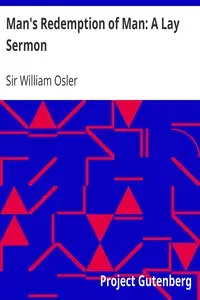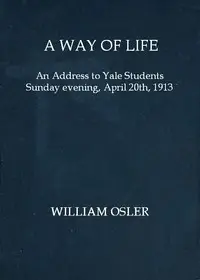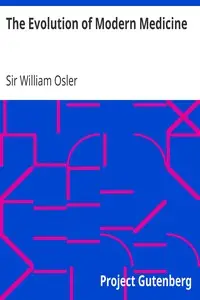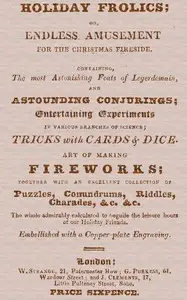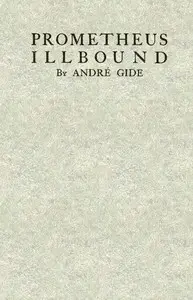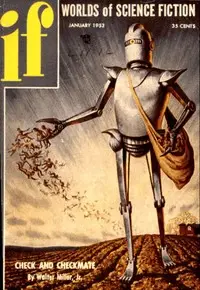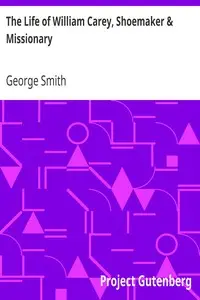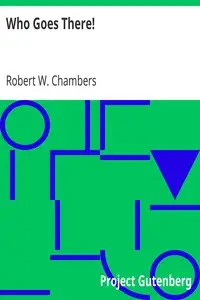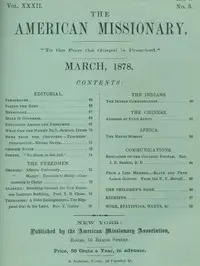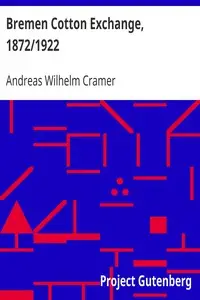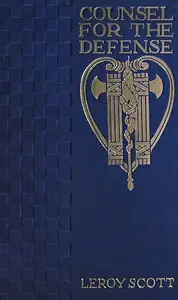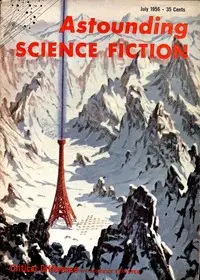"The Old Humanities and the New Science" by Sir William Osler is a presidential address delivered to the Classical Association in 1919 and published in 1920. This work is a scholarly essay that reflects Osler's views on the relationship between the humanities, particularly classical studies, and the burgeoning field of modern science during the early 20th century. The topic centralizes around the importance of integrating scientific progress with classical humanistic traditions in education. In his address, Osler discusses the evolving landscape of knowledge during a time marked by rapid advancements in science juxtaposed against the enduring relevance of classical humanities. He articulates a vision where both domains are necessary for a well-rounded education, emphasizing that science benefits from the ethical and philosophical perspectives offered by the humanities, while also acknowledging that neglecting scientific thought would detract from a comprehensive understanding of human culture. His reflections highlight the historical contributions of classical thinkers to modern science and medicine and advocate for a collaborative educational approach that honors both fields, asserting that the richness of the humanities can enhance the practice of science and vice versa. (This is an automatically generated summary.)
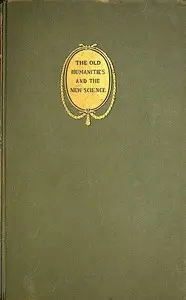
The Old Humanities and the New Science
By William Osler
"The Old Humanities and the New Science" by Sir William Osler is a presidential address delivered to the Classical Association in 1919 and published i...
Sir William Osler, 1st Baronet, was a Canadian physician and one of the "Big Four" founding professors of Johns Hopkins Hospital. Osler created the first residency program for specialty training of physicians. He has frequently been described as the Father of Modern Medicine and one of the "greatest diagnosticians ever to wield a stethoscope". In addition to being a physician he was a bibliophile, historian, author, and renowned practical joker. He was passionate about medical libraries and medical history, having founded the History of Medicine Society, at the Royal Society of Medicine, London. He was also instrumental in founding the Medical Library Association of Great Britain and Ireland, and the Association of Medical Librarians along with three other people, including Margaret Charlton, the medical librarian of his alma mater, McGill University. He left his own large history of medicine library to McGill, where it became the Osler Library.


